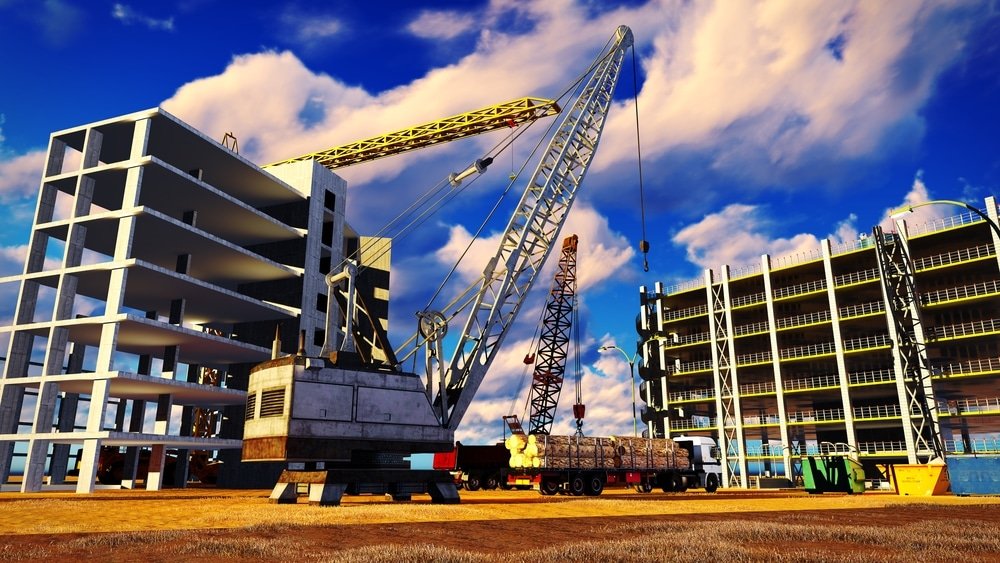In the dynamic world of construction, time is as valuable as the materials that scaffold the skyscrapers. Accelerating construction projects without compromising quality or safety is a pinnacle every construction manager aims to reach. Below, we unveil five innovative strategies that promise to revolutionize the pace at which construction projects come to life.
Leveraging Advanced Technology
The advent of technology such as Building Information Modeling (BIM) has transformed the planning phase of construction projects. BIM enables detailed 3D modeling, enhancing collaboration among stakeholders by providing a unified platform for information exchange. This preemptive approach to design and planning minimizes errors, reduces rework, and saves a considerable amount of time. Furthermore, the integration of AI and machine learning algorithms can predict project delays and suggest optimizations for schedules and resource allocation.
Adopting Prefabrication and Modular Construction
Prefabrication and modular construction techniques, where components are manufactured in a controlled factory setting and then transported to the construction site, can significantly reduce project timelines. This method not only speeds up the construction process but also enhances quality control and reduces waste. By shifting much of the work offsite, these techniques also minimize disruptions at the construction site, leading to a smoother and faster construction process.
Implementing Efficient Project Management Practices
Efficient project management is the backbone of any successful construction project. Utilizing agile project management methodologies, such as Scrum or Kanban, can enhance flexibility and responsiveness to changes. These practices encourage regular communication and continuous feedback, allowing for swift adjustments that keep the project moving forward without delay. Effective use of project management software can streamline scheduling, budgeting, and communication, keeping all team members aligned and focused on the project goals.
Fostering Collaborative Work Environments
Collaboration among all parties involved in a construction project is crucial for its success. Creating a collaborative work environment that encourages open communication and teamwork can lead to more innovative solutions to problems, quicker decision-making, and reduced conflicts. This can be achieved through regular meetings, the use of collaborative platforms, and fostering a culture of transparency and mutual respect among workers, managers, architects, and stakeholders.
Emphasizing Sustainability and Green Building Practices
Sustainability is increasingly becoming a priority in construction projects, not only for its environmental benefits but also for its potential to streamline processes. Green building practices, such as the use of sustainable materials and energy-efficient construction methods, can accelerate projects by reducing regulatory hurdles and enhancing public support. Moreover, sustainable practices often involve innovative techniques that can be more time-efficient, such as solar-powered construction tools or prefabricated green components.
In conclusion, accelerating construction projects is a multifaceted challenge that requires innovative thinking and strategic planning. By embracing advanced technology, prefabrication and modular construction, efficient project management, collaborative work environments, and sustainability, construction managers can lead projects to completion faster, without sacrificing quality or safety. As the construction industry continues to evolve, these strategies will play a pivotal role in shaping its future, promising not just speed, but also efficiency and resilience.
Also, read more at “kiendel.com“
